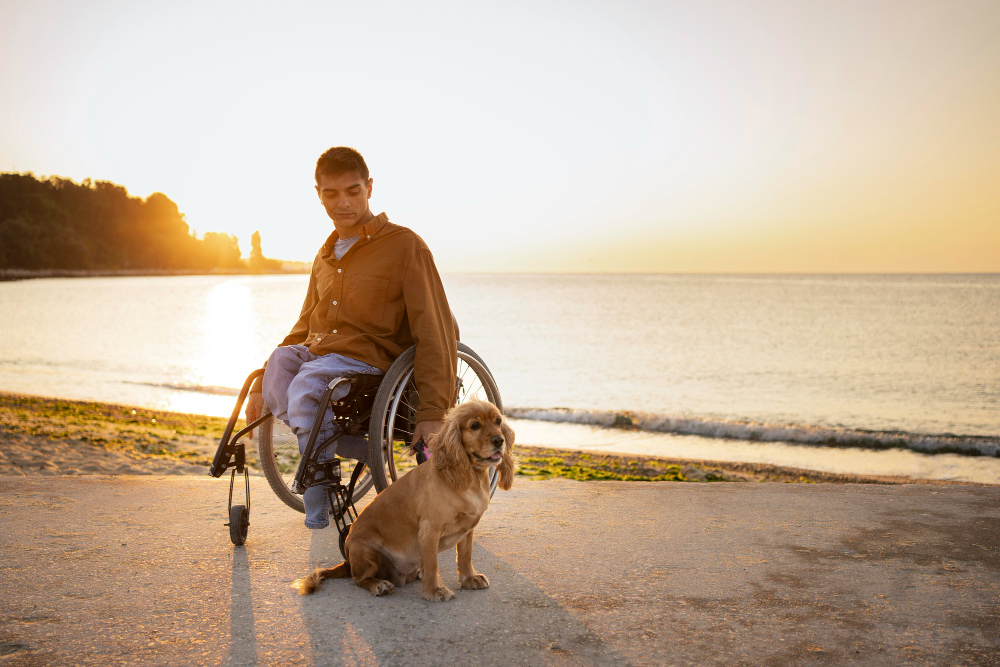Getting a new pet brings joy and new challenges. That’s why it’s best to get a companion that fits your lifestyle. For people with disabilities, this means getting a pet that wouldn’t make life more difficult, or limit the care and attention your pet deserves. Having a pet will always make your life better, it can even lower your heart rate and increase sense of being. Having a lovely presence to look forward to is also an added bonus!
QUESTIONS BEFORE CHOOSING THE RIGHT PET
It’s important to ask yourself certain questions before you get a new pet. Here are some things to consider:
- Do I have enough space for my pet and I?
- Do I have a support system in case I can’t care for my pet?
- How will I commute with my pet? Will I need a mobile vet or pet taxi?
- Can I afford regular pet expenses?
- How much time and energy can I invest in my pet daily?
BEST PETS FOR PEOPLE WITH DISABILITIES
Now that you’ve asked yourself the questions above, it’s time to decide what pet is best suited to your lifestyle.
- Older pets. There are a lot of senior pets in shelters/ adoption centers. They usually have calmer temperament, need less intensive care and oftentimes already trained.
- Trained pets/service animals. Your pets can also be incredibly helpful companions. You can get a trained pet from accredited training schools or consider self-training with a professional.
- Smaller animals are easier to travel with.

EXAMPLES OF PETS FOR PEOPLE WITH DISABILITIES
- Big dog breeds like the golden retriever and labrador are suitable for if you want a trained pet.
- Smaller dogs breeds like Maltese and Shih tzu are small enough that they can sit on your lap and can easily wear themselves out.
- Betta fish is another pet worth considering. They’re small, very low maintenance and their tanks don’t take up too much space.
- Rats are great social animals and also fun to train since they’re so intelligent.
- Older cats are great because they’re generally calmer, adaptable and more affectionate.
Still need more information about choosing the suitable pet to accommodate your lifestyle? Read more on our blog How to Decide If A Pet Is Right For You.





